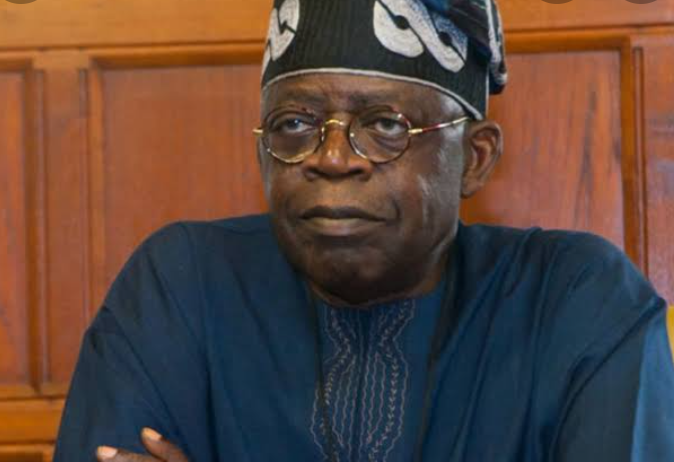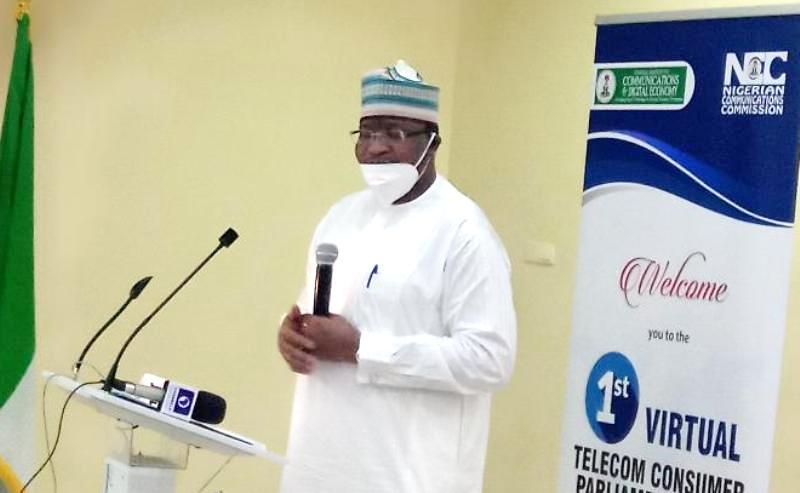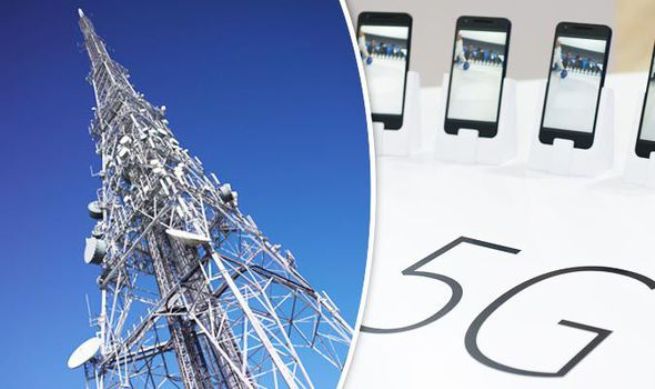Nobody expects perfection in relationships among the various stakeholders in a deregulated market environment, like the telecommunications industry. Such perfection, should it ever be made possible, could signify conspiratorial acquiescence by some groups in the relationship to gain on the other party, or simply to enjoy the benefits of some loose lines.
Nobody expects perfection. So, management of dissonance is the name of the game, and this is done in such a way as to achieve a delicate balance that could appease the health of the industry. There is hardly any perfection. Instead, there is sustained stakeholders management and engagement to create a level of industry harmony that is redeeming to all the parties.
Global bodies and industry associations like the ITU and GSMA recognise this point of reality and have always provided platforms for knowledge incubation to the various parties. The messages are always subtle; the need for the stakeholders to understand their nexus of relationships and the benefits arising therefrom, the fickle patience of investment funds and how to create a resting environment for such funds, and the need to sheathe the sword of envy, because in some instances, the operator in an environment could become richer than the host country. Then, some countries of the world would begin to see the operators as low hanging fruits that could be preyed on for needed funds, or just throw things up for a ruin in moments of rage. Global bodies incubate government delegations to prevent such strolling disasters.
Sometimes the areas of intervention could be in the facilitation and development of telecom policies and laws to help protect the industry. At some other points, it is in the area of training to help build the needed human capital for the regulatory agencies. Often, there are developments to help test the degree of growth and commitment to standard industry practice.
Have the results always been good? Or is there perfection? No direct answer but let’s do a little bit of recall and then gravitate to the present.
Test case one. Mid 2009, the Nigerian Communications Commission (NCC), in furtherance of its regulatory activities, sold three 2.3GHz licenses for WiMAX operations to three operators, namely: Mobitel, Spectranet and Multilinks. Before the joy of celebrations could abate following the success of such licensing, the exercise was cancelled by the Minister of Information and Communications, Prof Dora Akunyili, who claimed not to be properly briefed or carried along. There was something close to a dirge across the industry because such an audacious external intervention had never been witnessed in an industry, acclaimed all over the world as exemplary.
The telecoms industry had been built on peoples’ credibility, knowledge, sweat and investment, and the NCC wasn’t going to let that go down easily. Engr Ernest Ndukwe who was the Executive Vice Chairman (EVC) wrote to Madam Minister immediately, pointing her attention to the section of the Nigerian Communications Act 2003 which confined her involvement in the industry to only policy matters. Prof Akunyili of blessed memory wouldn’t stomach what resembled an affront.
Both Akunyili and Ndukwe who hailed from the same end of Anambra State were very strong personalities. They knew their job but they also didn’t want anybody to breathe their air. There was outrage stoked by what would turn out to be a media war between a sister and a brother just to be able to do a damn good job for the industry and prove fidelity to the nation. Both the Communications Policy and the Telecommunications Act were under scrutiny and went through an acid test. In the end the regulator won.
Test case two. This is more like back to the future and not a recall. This writer gathered that there is a document making the rounds at the NCC, titled: Request for Information on the Commission’s Public Programmes for 2022, which is concomitant to a request by the Communications and Digital Economy Minister, Dr Isa Ali Pantami, who seeks to be apprised with the goings-on at the Commission; you may call it day-to day operations. The information must be collated and forwarded to his office pronto.
As a journalist I have tried to search for a reason behind this kind of document, I couldn’t find one. As a former regulator I have tried to ascribed reasonableness to the request but all that returns to my face by way of justification is anathema. There is something that is not right. In as much as one can attribute overzealousness to some of the actions of the minister, there are some that hover on the fringes of obtrusive interception or disguised confiscation of a regulatory process by embedding himself into a process that has little to do with his office.
There was always a fight between the Ministry of Communications irrespective of its nuanced nature, and the Nigerian Communications Commission. While it is commonplace to suggest that some of the activities of the regulator were before 1992, carried out by the Ministry, it makes more sense to suggest that the loss of such responsibilities and all the overwhelming benefits, created a dangerous rift that nothing has been able to heal. More often the target of the ministry is to use the minister to stymie the wings of the regulator and, where the minister has his own agenda, like Pantami, the ministry takes over the operations of the regulator or engage in full obnoxious regulatory capture using the minister as a shield. While it is human to be overzealous, it is only professional for a regulator to be daring enough to use the law to trim such overzealousness.
So there was 2009. And there is 2022. While one was a total cancellation of a licensing process, the current one is a stealth hijack of the entire regulatory process with effects that are too subtle now to exhibit their dangerous aftermath. Yet the law remains the same and that is what all stakeholders should subscribe to, that is what protects the industry from those who view the world from only their point of view.
Those who framed the Act were futuristic in projecting the ambitions of men, knowing that some day some government officials may come into office with a mindset that does not accommodate structure or law or Act. Therefore, for the sake of the industry and nation, for the health of those who have brought their money into a nation as investments, Section 23 to 25 of the Nigerian Communications Act 2003, should be a manual for sustained pedagogy, especially for new government officials, including the minister.
It is the responsibility of the President of the nation to appoint a minister to superintend the telecommunications industry but every such appointment is steeped in law for the well-being of the industry and the nation. In concluding the functions of the minister which include a general policy direction for the industry, the Act says, “In the execution of his functions and relationship with the Commission, the Minister shall at all times ensure that the independence of the Commission, in regard to the discharge of its functions and operations under this Act, is protected and not compromised in any manner whatsoever.”
They are words on marble that obviously don’t recognise or accommodate a daily briefing by the Commission of its day-to-day operations to any Minister.





